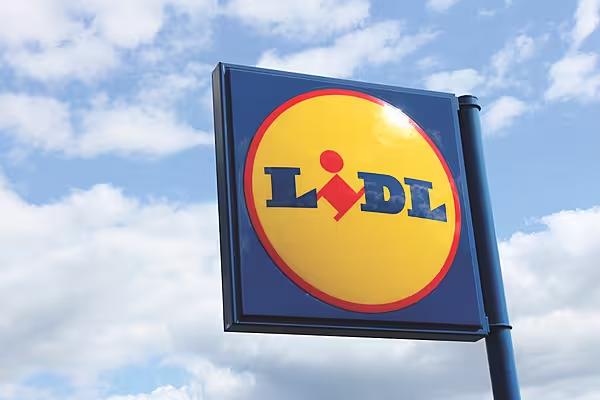Deloitte’s latest Consumer Review reveals that while Irish consumers’ optimism has increased by between two and seven percentage points across all categories, such as level of debt, job security, job opportunities, household disposable income, good health and wellbeing and children’s education, many still remain pessimistic. In fact, those who say things have worsened increased by between 1 and 12 percentage points across most categories (except health and wellbeing, which remained stable).
David Hearn, partner at Deloitte notes, “The fact that there are Irish consumers who believe their situation is getting better is likely as a result of the improving economy.
“Yet, this is not yet being felt across the board, and there is a cohort of Irish consumers who have become more pessimistic. Overall, the findings point to evidence of a dual economy emerging amongst Irish consumers.”
One of the key findings in the H1 2015 report is that 19% of respondents report feeling that their situation in regards to household income has improve, up from 17% in the second half of 2014. However, 42% feel their situation has worsened (from 39% in H2 2014).
Consumers have a similar sentiment when it comes to debt; 23% indicate feeling more positive, representing an increase of five percentage points since late 2014, while 28% are less confident; an increase of two percentage points. While rates of optimism are seeing faster growth, it is clear that a steady number are worried about how they can tackle their debts.
The trend is repeated when look at attitudes to job security, with rates of optimism seeing more rapid growth (17% from 15% in H2 2014), as the number of pessimists sees a comparatively minor increase (21% versus 20% in H2 2014).
When it comes to what consumers spend their money on, the top three categories over the last six months seeing an increase in spend were utility bills (49% of respondents), transport (34%) and phone/internet/TV subscriptions (31%).
With more money going towards bills, consumers cut their spends on leisure, with the categories that saw the most decreases being restaurants and hotels (39% of consumers report spending less), going out (39%) and alcoholic beverages (38%).
Looking forward, 36% of respondents predict they will spend more on utility bills, and both transport and health were listed by 25%. Meanwhile, 29% see themselves spending less on holidays in the coming months, and the same number see reduced spend in furniture and homeware, as 28% will put less of their income into hotels and restaurants.
With consumers planning to spend more on utilities and other essentials, Hearn says, “The emerging evidence of a dual economy suggests retailers will need to continue to utilise sales and promotions to attract some consumers, while the emergence of increased activity in spend on more discretionary items would suggest that some retailers can now focus on or add more to this element of their offerings.”
As Retail Ireland Director Thomas Burke comments on the latest CSO figures showing an upswing in both value and sales volume across the retail sector, "The summer season will be crucial in determining whether the positive momentum can be maintained. Now more than ever, retail operators need Government support and action on legacy cost issues in order to secure a sustainable recovery."
On the topic of financial goals, there has been a drop in the number of consumers paying into a pension fund, while only 44% report paying into a savings fund in 2015 versus the 48% saving in the second half of 2014, with more respondents repaying loans (43% from 39% in H2 2014).
However, the percentage of respondents planning to pay for a long holiday in the next six months has risen to 28% from 18%, no doubt in part motivated by the summer holiday season. More consumers also plan on investing in a car (16% versus 15%), and 14% are looking towards buying a major piece of new furniture.
[Photo courtesy of Ken Teegardin 2011]
© 2015 - Checkout Magazine by Jenny Whelan.






